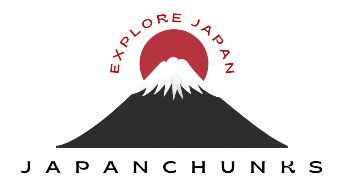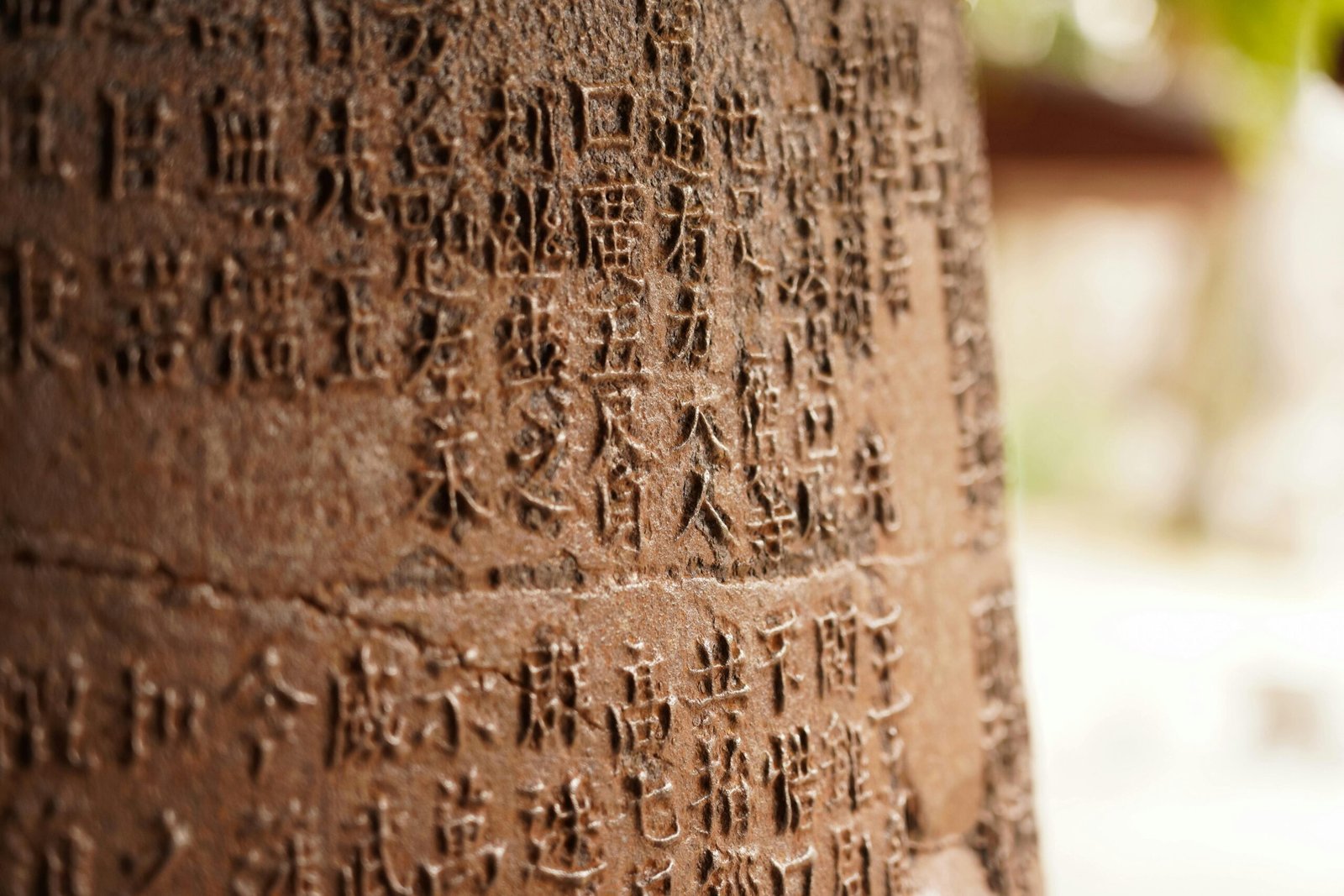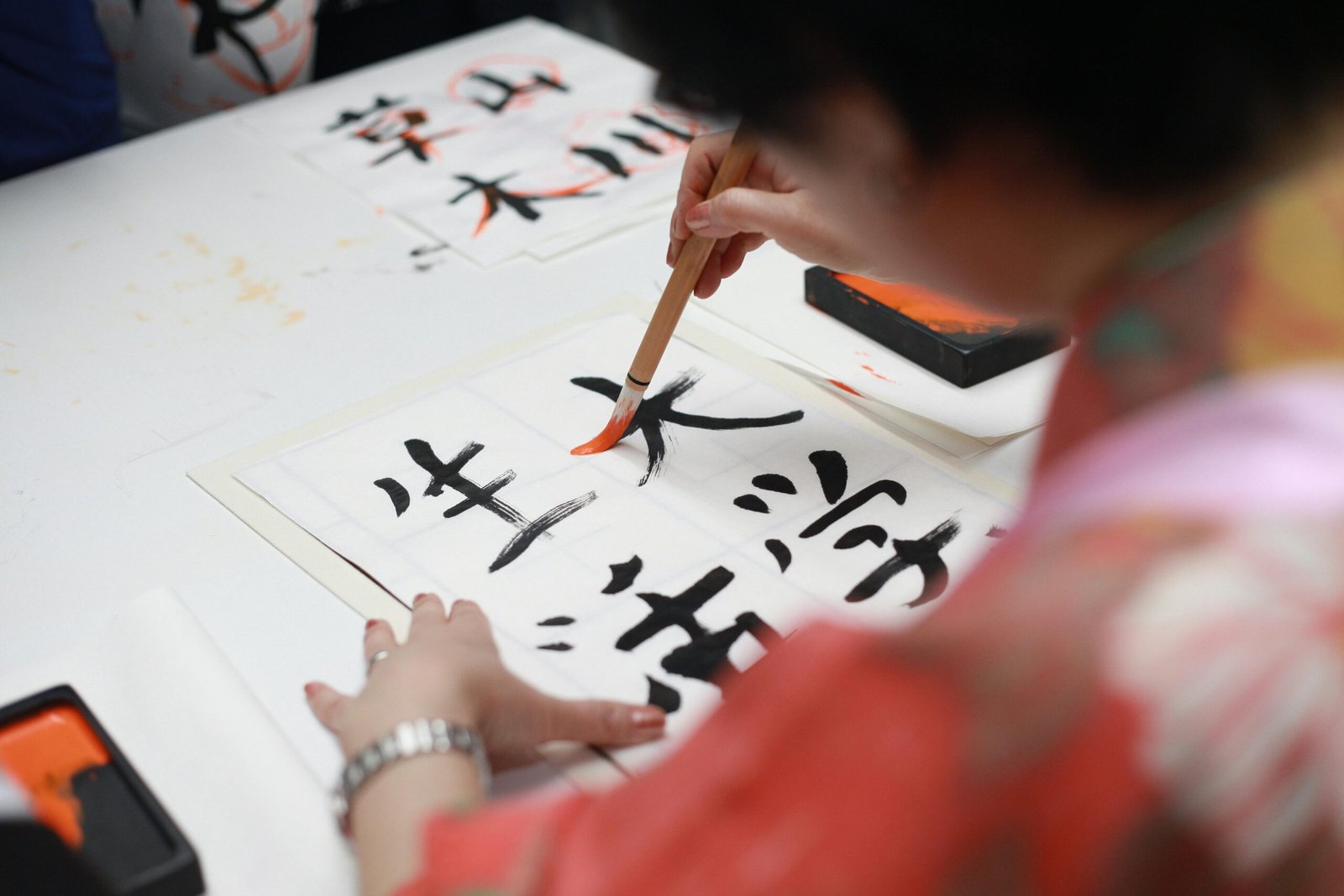Japan has a long and rich history, which is reflected in its famously difficult language. The language of a country can provide insight and perspective on the culture and attitudes of the people who speak it.
Naturally, there are a slew of Japanese words for which there is no direct English counterpart. They cover a wide spectrum of topics, from the amusing to the poetic to the spiritual. These amusing Japanese terms will make you smile, and most, if not all, will make you question, “Why don’t we have a word for it in English!”
Kuchara
The term kuchar refers to someone who chews with their mouth open and is a little out of date. Onomatopoeias abound in Japanese, and kucha-kucha is the word for the sound generated when chewing with your mouth open. When you combine that with the English suffix-er, as in “player” or “worker,” you have a wonderful word for noisy eaters.
While eating with your mouth open is common in several cultures, it is considered impolite in Japan. It’s fine to slurp your noodles, on the other hand. So suck away, then chew with your lips closed.
Ikigai
Your ikigai is a mix of the words “ikiru” which means “to live” and “gai” which means “reason.” It is thus your reason for living or purpose in life. Your ikigai could be a favourite hobby, a special person or pet in your life, or world-changing activism. Whatever it is, it gets you out of bed and fires you up, so make as much time as you can for your ikigai!
Koyo
This short expression, perhaps best translated as “October foliage,” describes the magnificent colours of the leaves in autumn. While not hard to convey or at the very least describe, the fall leaves in Japan are unquestionably more important than in most other countries since the deep crimson foliage is simply stunning. People go from all over the world every year to see the most beautiful leaves from the best vantage points.
Karoshi
This dark phrase is fairly well-known in the English-speaking world these days, but it’s worth mentioning to understand some of the pressures that have arisen in some workplaces.
Karoshi is defined as “death from working too much/overwork.” It encompasses everything from keeling over at your desk because you’ve had a heart attack to even taking your own life because your job is too demanding.
A terrible karoshi incident in 2015 caused several businesses to rethink how much pressure they put on their staff.
Komerebi
The light that penetrates through the trees and dapples the forest floor is referred to by this lovely word. It’s a beautiful word that conjures up images of a tranquil, natural setting. Take a moment next time you’re out for a walk in the woods to savour the gradually shifting komorebi and wonder at the fact that there’s no English term for it!
Shibui
This extremely particular adjective is used to describe something or someone who has aged gracefully and become cooler as they have become older. They’ve “aged like a great wine,” as the closest English equivalent may be.
Young people nowadays adore worn-in items such as exposed brick or tattered trousers. As people’s appreciation for all things shibui grows, the necessity for a term to define it may grow as well.
Betsu bara
The enigma of the betsu bara, or “separate stomach,” is familiar to anybody with a sweet taste. This useful term refers to the mysterious additional room you discover after a full meal for dessert.
While the science behind the phenomenon is well understood, this humorous term is ideal for explaining sheepishly why, no, you’re not finished eating, and you don’t care about the judgement.
Tsundoku
Tsundoku combines the terms “tsun,” which means “to pile up,” and “doku,” which means “to read.” This one is undoubtedly common among book lovers, as it alludes to the practise of purchasing a large number of books but not reading them, resulting in a stack of unread volumes.
Torimodosu
Kuidaore is a Japanese phrase that means “to ruin oneself [to go bankrupt] by excessive food spending,” or, to put it another way, “to eat till you drop.” It’s also known as cuidaore, and it’s part of a wider proverb that says, “Ruin yourself with styles in Kyoto, ruin yourself with meals in Osaka,” referring to the local priorities (and creativity) in Kyoto’s apparel and Osaka’s gastronomy, respectively.
Kuidaore
Torimodosu may be summed up in one phrase: “When life knocks you down, brush yourself off and get back up again.” Kishi Kaisei will happen if you act Torimodosu-style.
Mikka bozu
This term refers to someone who abandons or abandons something in a short period of time. It can also have the nuance of starting out with a lot of passion and intensity, only to quickly fade away. Early mornings, cleaning, and rigorous training are all part of the Buddhist monk’s daily regimen, thus many people have given up early on.
Arigatameiwaku
Arigatameiwaku is a combination of the terms “arigatai” and “meiwaku,” which respectively indicate “grateful” and “annoyance.” This term refers to a circumstance in which someone goes out of their way to do something for you that you didn’t ask them to do in the first place. This “courtesy” ends up causing you troubles, yet societal rules compel you to express gratitude nevertheless.
Most people have likely encountered someone who was adamant about being “helpful” even when no one asked them to. These are the types of people who cause a lot of arigatameiwaku because they are blind to the actual feelings of everyone who is compelled to grit their teeth and hiss gratitude at them.
Kogarashi
This is the first cold breeze you feel in fall, signalling that winter is on its way. It literally means “leaf-shaking wind,” and it can make you shiver as well. The arrival of kogarashi can be either exhilarating or frightening, depending on how you feel about winter. This word is both poetic and practical, expressing a lot of Japanese culture.
Every language has its own peculiarities that distinguish it from others, and Japanese is no exception. Learning Japanese is an enjoyable and gratifying method to learn about a people and culture with a fascinating past and present, thanks to a large number of witty and descriptive phrases for everyday life as well as for extremely particular situations.
Batan-kyu
Batan-kyu is an onomatopoeia that is primarily written in casual contexts rather than spoken, and it is used to depict the feeling of being so sleepy that you drop into bed and fall asleep immediately.
“Batan” refers to the “flop” in which you fall onto the bed, and “kyu” refers to the quiet that follows when you fall asleep immediately. Consider the last time you came home from work and went straight to bed without even eating dinner; the next thing you knew, it was morning.
Shinrin-yoku
Shinrinyoku, which literally means “forest bathing,” is the practise of walking into a forest to relax and breathe in the fresh air. Spending time in nature and away from society is universally acknowledged to be beneficial to one’s mental health, so why don’t we have a name for it in English? If you haven’t already, you should absolutely try some shinrinyoku therapy; after all, it’s free.
Kuchisabishi
This lovely expression depicts eating out of boredom rather than hunger and implies “your mouth feels lonely.” We’ve all had an unjustified treat when we didn’t know what else to do, but until today, we couldn’t find the perfect name to characterise our mindless nibbling! Perhaps naming this harmful habit would make it easier to break.
Nekojita
Japanese people prefer their food and beverages to be extremely hot, as in, hot enough to cause moderate injury. People with a “nekojita,” or “cat tongue,” are supposed to have to blow on their lava-like food before eating it. This strange term is supposed to have arisen in the Edo period and is based on the fact that cats don’t like to eat hot food (apparently).
Keep-kun
This one may come across as harsh, but a Keep-kun is merely a stand-in boyfriend who is kept around until someone better comes along. The unpleasant moniker is made out of the English term “keep” and the Japanese honorific “kun,” which is a suffix used to men’s names to indicate affection or proximity.
Take consolation in the fact that this term is largely reserved for older generations and has fallen out of favour. Hopefully, this means fewer unfortunate humans are employed as Keep-kuns!
Wabi-Sabi
Wabi-sabi is a Japanese art and aesthetics style that emphasises simplicity and restraint. It is a celebration of the beauty of flaws and impermanence. Things and art in this category are typically quite simple, but they instil a sense of serenity. Wabi-sabi conjures up images of simple shrines and rough-hewn earthenware.
Some Japanese Phrases
Doki doki suru
The sound of a beating heart is represented as “Doki doki.” If you’re excited to meet someone, especially someone with whom you have feelings, use this statement! It’s a clever term that expresses the sensation of your heart racing when you’re both nervous and excited.
Ossu
If you’re looking for a fun way to express “what’s up?” this is the phrase for you! It’s frequently followed with a nod of the head. In English, it’s probably more like to “Yo!” It’s more of a salutation than a question!
Otsukare
It signifies “You’ve put forth a lot of effort!” It’s commonly used as a greeting or farewell amongst coworkers or friends, or to express gratitude for their hard work and contribution.
Mendokusai
This is a phrase used to express how you feel when you have a lot of labour or duties to do. It’s a one-of-a-kind Japanese term with no specific English translation. It’s utilised when you have to do something you don’t want to do!
Onaka ga peko peko
This is a humorous method of expressing your hunger. It makes use of the onomatopoeia “peko peko,” which is the sound your stomach makes when it’s hungry!
Ojama shimasu
You should mention this whenever you enter someone’s home. It literally means “I’m sorry for annoying you” or “I’m sorry for intruding.” Saying this when entering someone’s home demonstrates respect because the term jama signifies “hindrance” or “intrusion.” This is something you say every time you enter someone’s home, whether it’s on purpose or by accident.
Itadakimasu
Every time you eat, you begin by saying Itadakimasu, which literally means “to receive graciously.” “Bon appetit” or “let’s eat” are common translations. It’s impolite to start eating before saying this!
Gochisousama deshita
You say Gochisousama deshita, which translates to “thank you for this dinner,” after you’ve finished eating. This is something you always say to the person who brought the food. Even if you paid for the meal but ate it with friends, you’ll say it to show your appreciation for their company.
Yoroshiku onegai shimasu
It has a variety of connotations and is one of the most essential and respectful phrases in Japanese. It signifies “Nice to meet you” or “Looking forward to working with you” when said to someone you’ve just met. However, it can also indicate “Please look after me” or “Look after something precious.” To take care of your luggage when you drop it off at the airport check-in, for example.



[…] of Japan (Japanese) have names for all types of women and this is imbibed in their culture for a long time .women are named based on the acts they perform, the way they behave, the […]